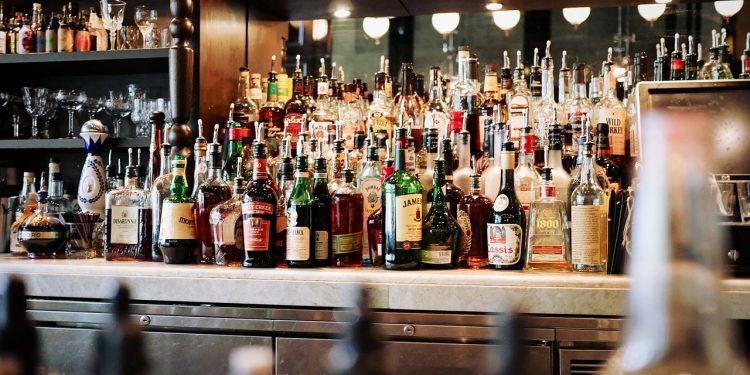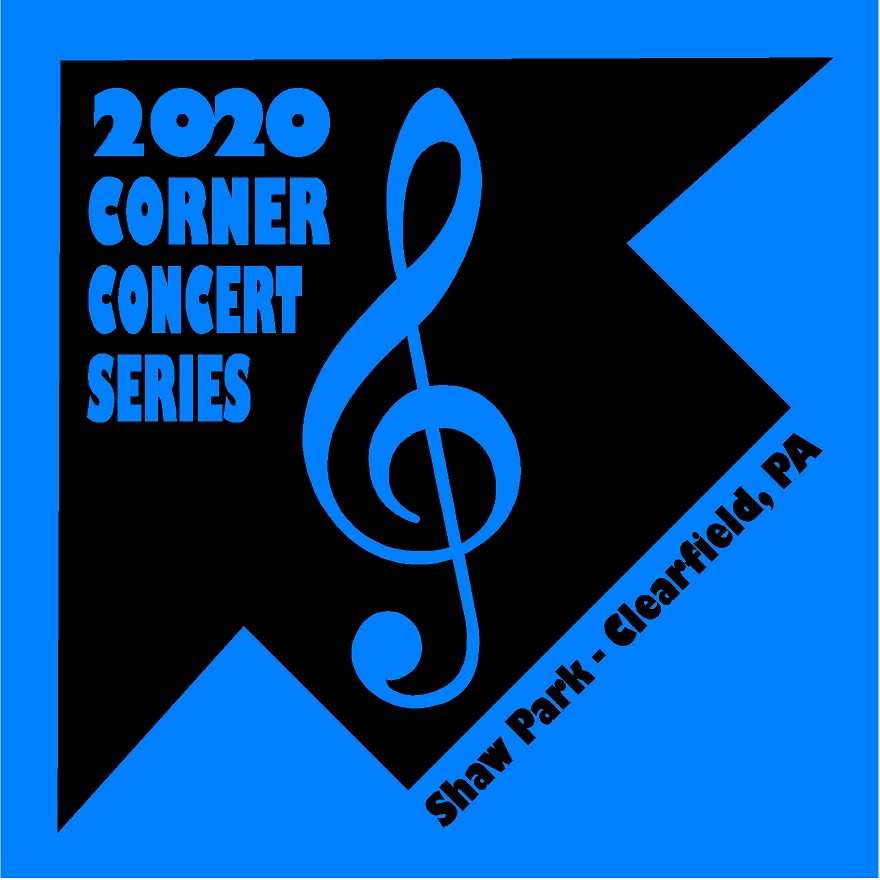Harrisburg, PA – The Pennsylvania Liquor Control Board today issued clarifying guidance for licensees to reinforce the targeted statewide mitigation efforts at bars and restaurants in response to the recent rise in COVID cases. The Department of Heath also recently updated frequently asked questions about the orders.
The clarifying PLCB guidance for restaurant, retail dispenser, and hotel licensees (whether offering indoor or outdoor seating); club and catering club licensees; brewery, distillery, limited distillery, winery, and limited winery licensees; and golf course licensees is summarized below:
- Sales of alcohol for on-premises consumption are only permissible as part of a larger transaction that includes a meal purchase. The term “meal” is defined in section 406 of the Pennsylvania Liquor Code as “food prepared on the premises, sufficient to constitute breakfast, lunch or dinner.” The definition expressly states that a snack, such as pretzels, popcorn, chips, or similar food, does not meet the definition of a meal.
- A customer who wishes to consume alcohol on premise must also purchase a meal; a group of customers who wish to consume alcohol on premises may do so as long as a meal is part of the purchase made by the group.
- Additional drinks may be purchased while the customer is consuming the meal, but no further drinks may be purchased after the meal is finished.
- Bar service of food and/or alcohol is prohibited.
- For Pennsylvania manufacturers (breweries, distilleries, and wineries), meals may be provided by the licensee or by a third party, such as a food truck.
- Casinos may no longer provide drink service on the casino floor.
- If a club does not sell food, either directly or through a concessionaire, it cannot use its liquor license.
- The governor’s additional order directing targeted mitigation measures specifically prohibits businesses that meet the definition of a “nightclub” under the Clear Indoor Air Act from operating.
View the PLCB guidance.
View frequently asked questions about the targeted mitigation orders.
Enforcement of the order is occurring through the Pennsylvania State Police and local law enforcement, the Liquor Control Board, and the Department of Agriculture.
For restaurants and bars, social distancing, mask-wearing and other mitigation measures must be employed to protect workers and patrons. In addition, occupancy is limited to 25 percent of the fire-code maximum occupancy for indoor dining, or 25 persons for a specific indoor event or gathering in a restaurant. The maximum occupancy limit includes staff.
Events and gatherings must adhere to the gathering limitations outlined previously, and below:
- Indoor events and gatherings of more than 25 persons are prohibited;
- Outdoor events and gatherings of more than 250 persons are prohibited; and
- The maximum occupancy limit includes staff.
The July 15 order also includes targeted mitigation efforts for other businesses, including a requirement to conduct operations remotely through individual teleworking of employees. Where telework is not possible, employees may conduct in-person business operations, provided that the business fully complies with all aspects of the business safety order, the worker safety order, and the masking order.
Also, all gyms and fitness facilities, while permitted to continue indoor operations, are directed to prioritize outdoor physical fitness activities. All activities must follow masking requirements as provided by the secretary of the Department of Health’s July 1 order, and must provide for social distancing requirements of persons being at least 6 feet apart, as well as being limited by any limitations related to gatherings.
Further information, such as whether the order applies to religious gatherings, funeral homes, and schools can be found in the guidance. Also, guidance is provided in reference to sports and sports venues, movie theatres and other multi-venue facilities and conference facilities.
The guidance also addresses what is considered an event and gathering.
The PLCB regulates the distribution of beverage alcohol in Pennsylvania, operates nearly 600 wine and spirits stores statewide, and licenses 20,000 alcohol producers, retailers, and handlers. The PLCB also works to reduce and prevent dangerous and underage drinking through partnerships with schools, community groups, and licensees. Taxes and store profits – totaling nearly $18.5 billion since the agency’s inception – are returned to Pennsylvania’s General Fund, which finances Pennsylvania’s schools, health and human services programs, law enforcement, and public safety initiatives, among other important public services. The PLCB also provides financial support for the Pennsylvania State Police Bureau of Liquor Control Enforcement, the Department of Drug and Alcohol Programs, other state agencies, and local municipalities across the state. For more information about the PLCB, visit lcb.pa.gov.




